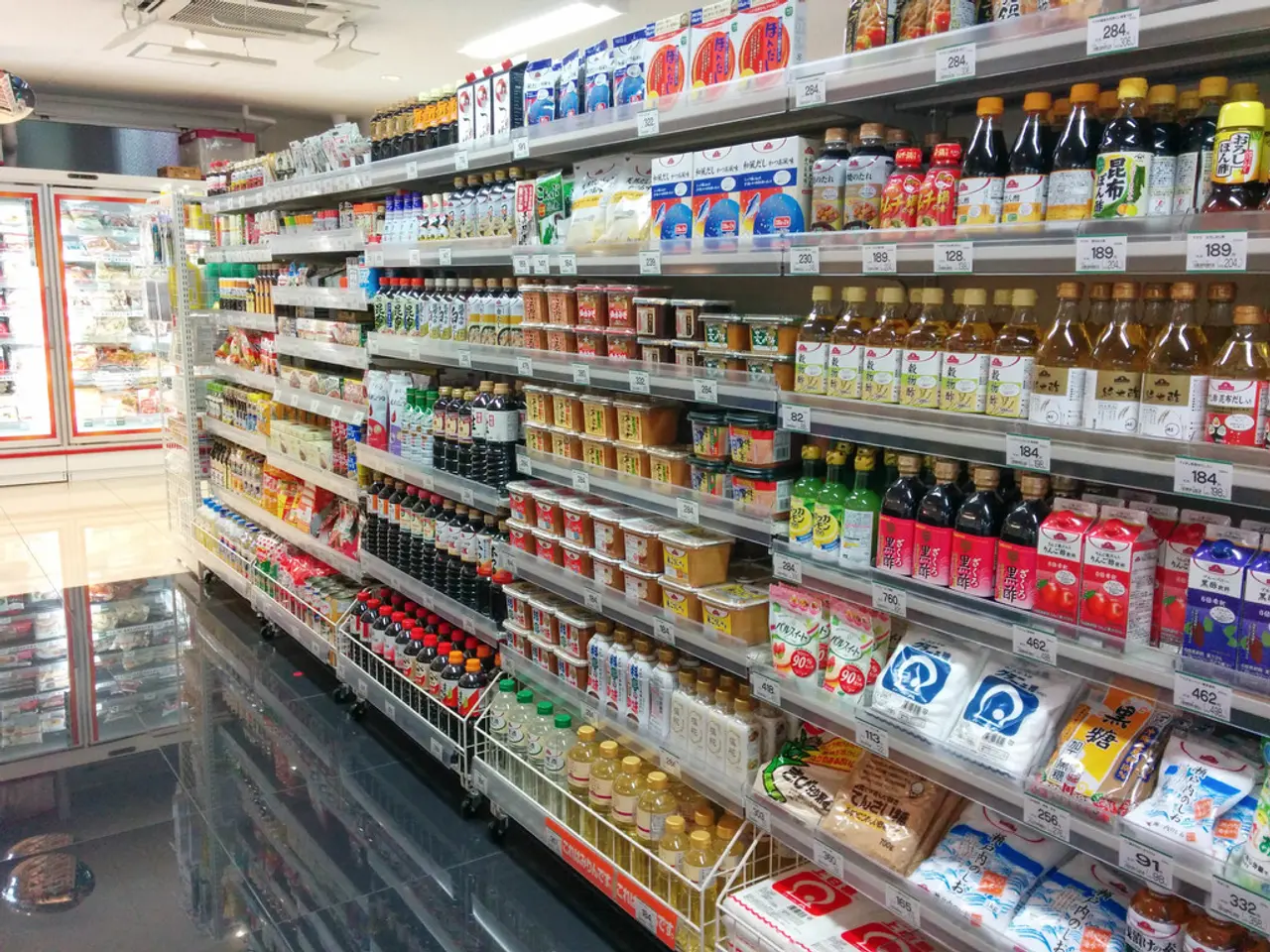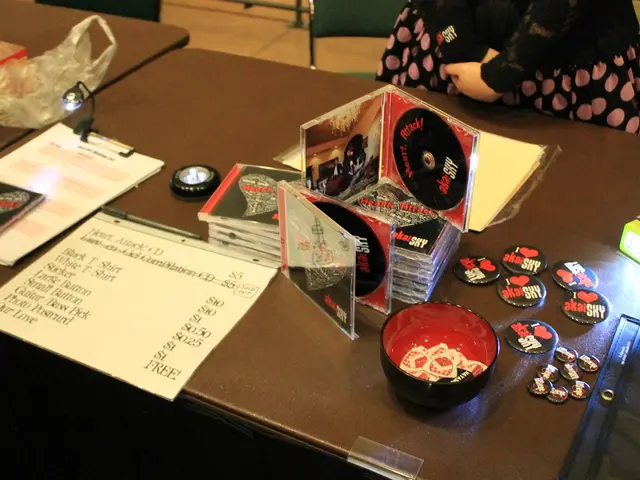Major Corporations Delve into Informal African Retail Sector via Collaborations with Young Enterprises
In the heart of Africa, a significant shift is underway as startups are reshaping the way the continent's largest consumer-goods companies reach their customers. This transformation is particularly evident in countries where informal retail accounts for up to 80% of sales.
One such startup making waves is OmniRetail, which offers inventory management and payments services to retailers. In 2024, the company processed an impressive ₦1.3 trillion ($849M) in sales transactions. Guinness Nigeria's CEO, Girish Sharma, praised the OmniRetail platform for streamlining the entire process for manufacturers, from order placement to payment by distributors. Guinness claims to have cut distribution costs by 20% using the platform.
Notable collaborations between companies and startups are playing a crucial role in navigating Africa's informal retail sector. Guinness Nigeria Plc and Flour Mills of Nigeria Plc are among those joining forces with startups like OmniRetail. Flour Mills, in fact, acquired a stake in OmniRetail Inc., a startup that connects manufacturers with small retailers.
However, the long-term success of startups like OmniRetail hinges on the continued inclusion of small retailers in their operations. These retailers power the informal economy in Africa, supplying 86% of the continent's labor force, according to the International Labour Organization. Adetilewa Adebajo, CEO of Lagos-based CFG Advisory, emphasized that such collaborations create efficiency for manufacturers and cost reduction for last-mile retailers.
Yet, there are concerns about the future of small traders. Yele Okeremi, CEO of Precise Financial Systems, warned that fintech platforms might bypass small traders, with the possibility of companies and apps selling directly to consumers for higher margins, as is the case with Amazon.
Another startup targeting Nigeria's 8 million informal traders is TradeDepot Inc. Koolboks, a Nigerian startup, also raised $31M this year and plans to scale production from 7,000 to 72,000 units annually.
Despite the challenges, the potential for these startups to revolutionize Africa's retail sector is undeniable. As road quality improves, with Nigeria ranking 29th in Africa according to the Africa Infrastructure Development Index, the stage is set for these startups to scale and make a lasting impact.
Read also:
- Understanding Hemorrhagic Gastroenteritis: Key Facts
- Trump's Policies: Tariffs, AI, Surveillance, and Possible Martial Law
- Expanded Community Health Involvement by CK Birla Hospitals, Jaipur, Maintained Through Consistent Outreach Programs Across Rajasthan
- Abdominal Fat Accumulation: Causes and Strategies for Reduction







